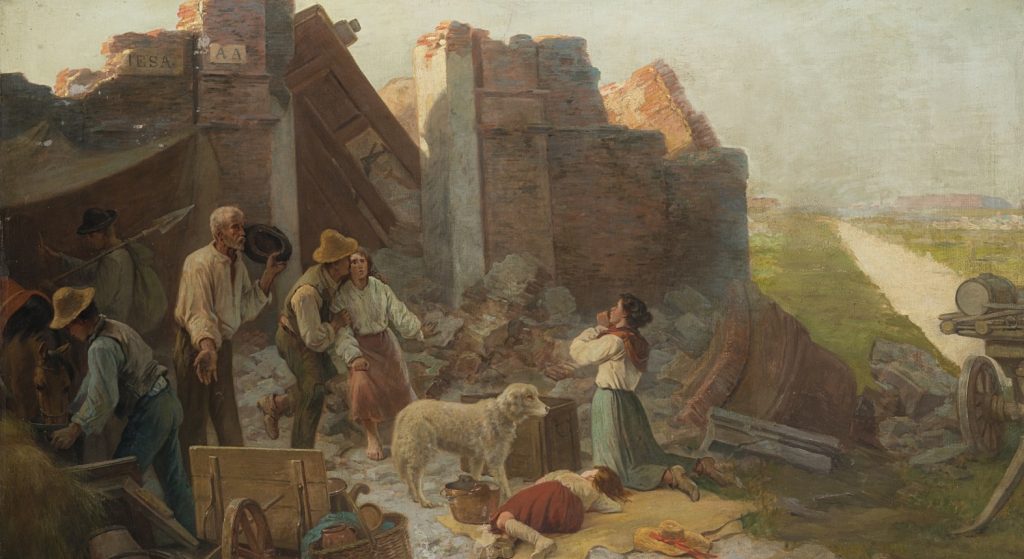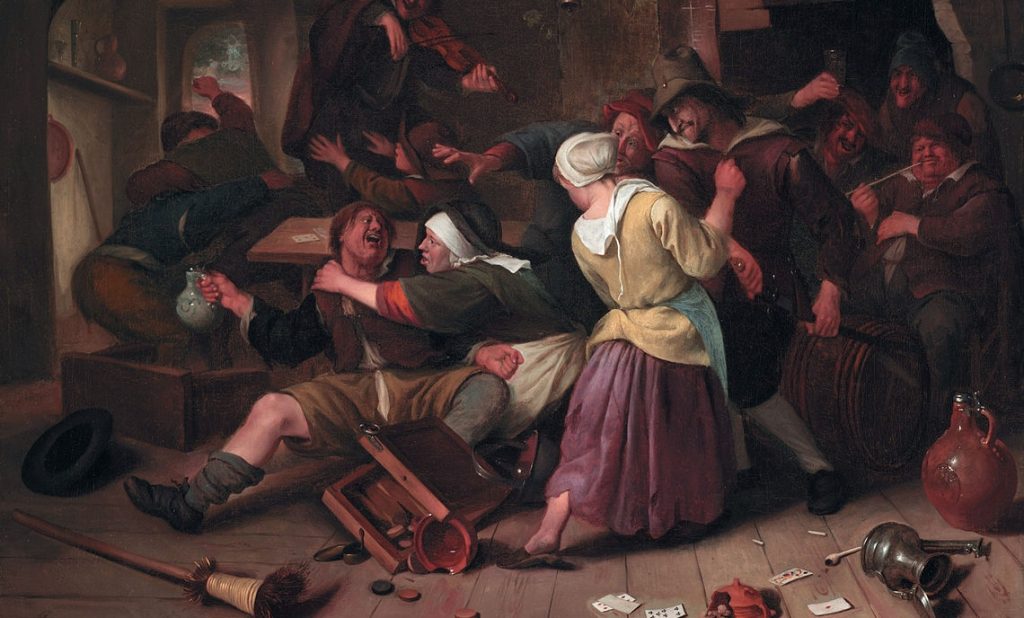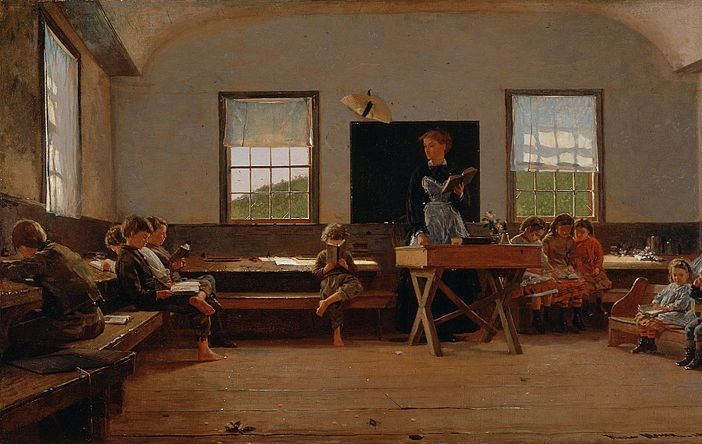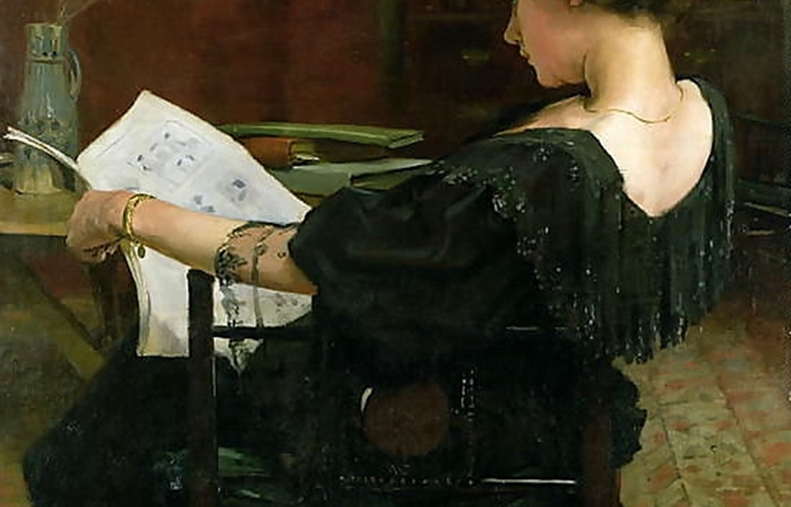
Political Elite United against Authoritarian States
As the Members of the European Parliament’s ninth term closed their books, we tracked the views of incumbent MEPs on authoritarian regimes. We used qualitative and quantitative methods to build an accurate picture of MEPs’ positions on authoritarian countries. We have analyzed 152 votes cast by MEPs between 2019 and December 2023 to determine the potential openness of these MEPs to authoritarian influence, particularly from Russia and China.











